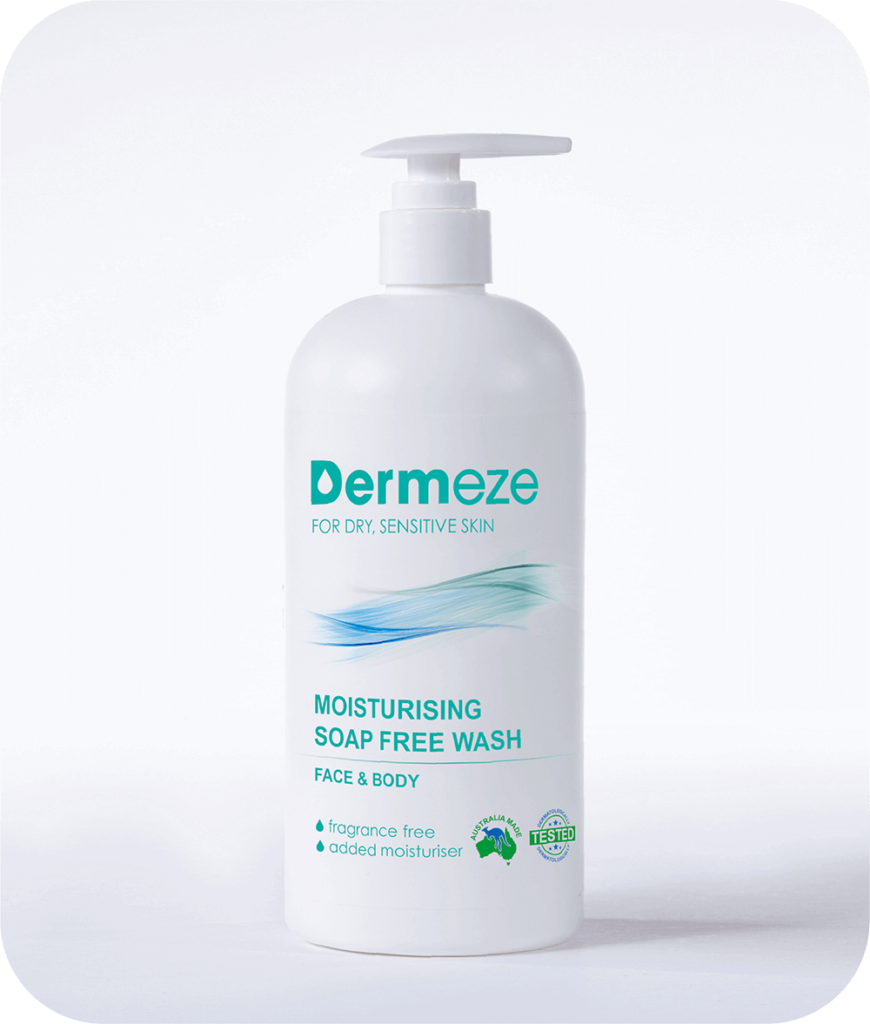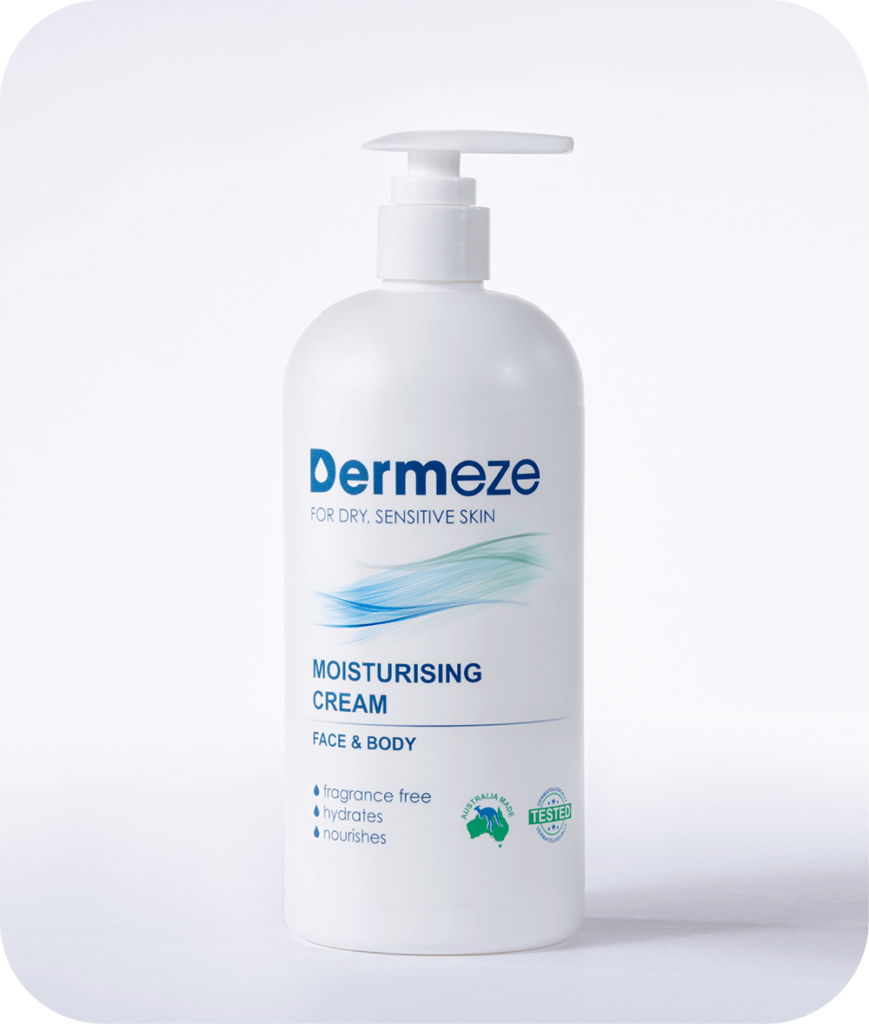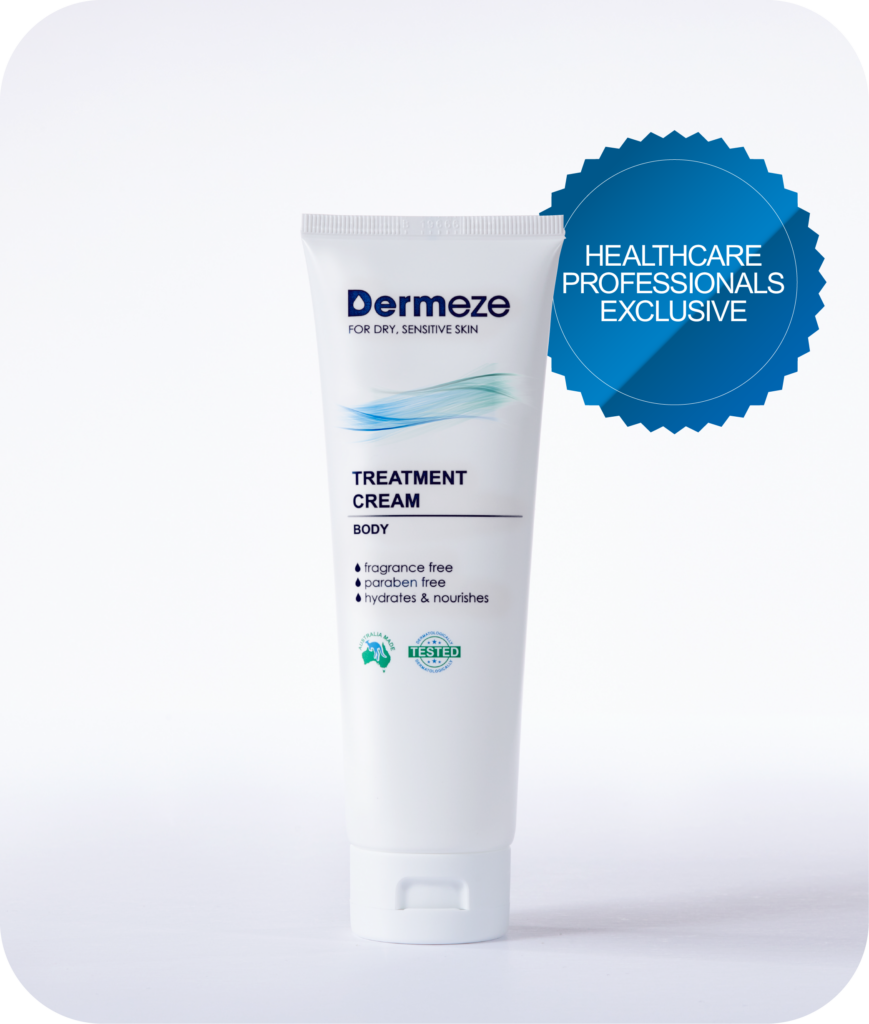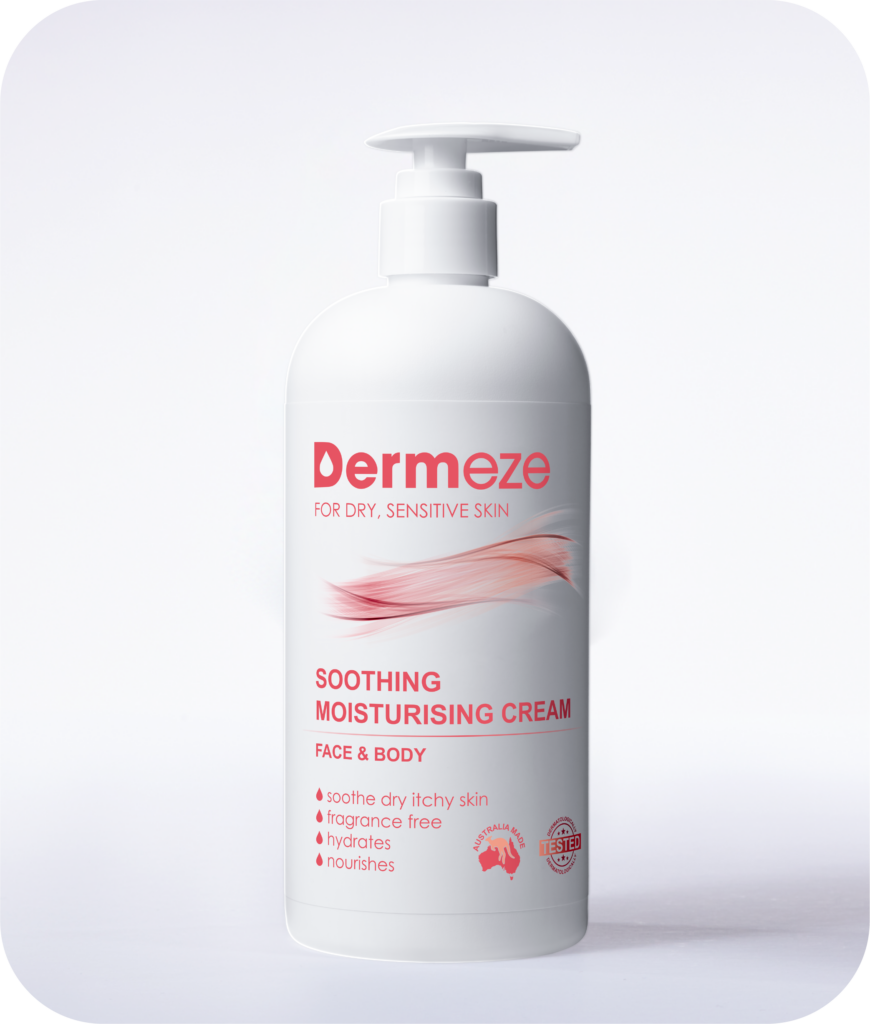Dry Skin Explained - Causes, Prevention and Treatment

What is Dry Skin?
Skin is our body’s protective barrier against everything we throw at it during our daily life. It retains its soft, flexible nature due to a thin layer of natural oils (lipids) that help maintain the skin’s moisture content. Dry skin starts to appear when this protective skin-barrier is disrupted in some way and moisture is lost from the outer skin layers (epidermis). When this happens, skin can begin to feel tight, dry, or rough, and start to itch. In severe cases, skin can become red and extremely itchy and start to flake, crack and bleed. Patches of dry, itchy skin can appear anywhere on your body, but you’ll most often find them on your arms, hands, lower legs and scalp.


What Causes Dry Skin?
Dry skin often occurs when the oils that help maintain your skin’s moisture levels are stripped away from the skin’s surface. There are various everyday activities that can cause skin dryness in this way, including:
- Over washing or using harsh soaps and detergents.
- Taking long hot baths or showers, or regularly swimming in chlorinated pools, all of which tend to remove natural skin oils.
- Another common cause of dry skin is the weather – exposing your skin to dry (low humidity) air increases moisture loss and the likelihood of skin dryness.
- Cold, windy winter weather combined with indoor heater reduces air humidity, leaving your skin dry.
- Summer sun, in combination with hot dry air or indoor air conditioning, can also dry out your skin.
- Internal factors can also contribute to dry skin, for example:
- A skin condition such as eczema (atopic dermatitis), psoriasis or ichthyosis.
- Ageing – as we get older our skin changes and we are more likely to get dry skin. Hormone imbalances during menopause can also affect your skin.
- Certain medications, such as diuretics (fluid tablets) or retinoids (for skin conditions) may cause temporary dry skin problems . It’s best to talk to your doctor or pharmacist if you think your medications may be causing your dry skin.
Preventing and Treating Dry Skin
Dry skin is usually not a serious issue, but it does require some care to prevent complications like cracking and infections.
Try to identify what could be causing your dry skin and then avoid any triggers. You may want to consider taking shorter, less frequent baths, using a soap-free body wash for sensitive skin, rugging up when you go out in the cold or having a humidifier in your room.
Using a moisturiser for dry sensitive skin (emollients) can help restore the skin-barrier by preventing water loss and replacing skin oils. Moisturising cream needs to be applied liberally several times a day, with the best time being straight after a bath or shower when your skin is damp.
Not all moisturisers are the same – generally, the thicker the moisturiser the more oil it contains and the better (and longer) it works. Your doctor or pharmacist can advise you on the moisturiser that may best suit you – this can depend on such things as how dry your skin is, which part of your body is affected and what type of moisturiser you prefer.
You can help minimise dry skin with the Dermeze range of soap-free wash, moisturising lotion and cream, which are all fragrance-free and irritant-free. So, when you are feeling dry the good news is that with careful skin care and avoiding potential triggers you can help keep dry skin under control.







